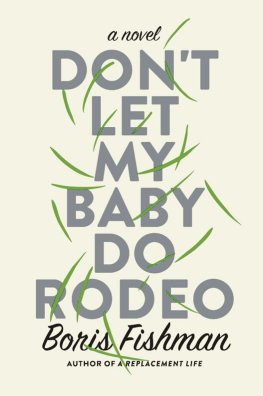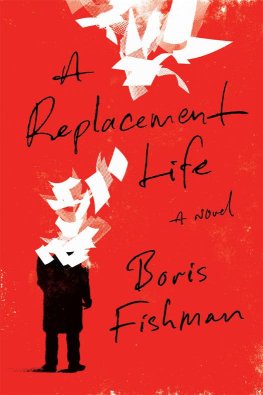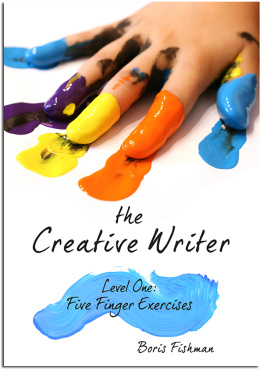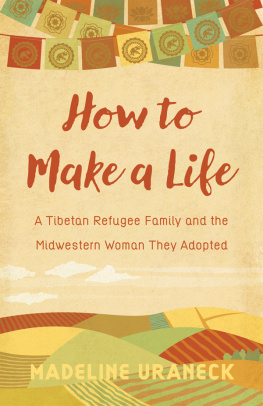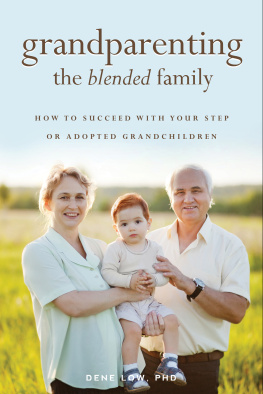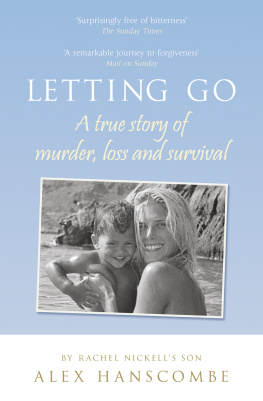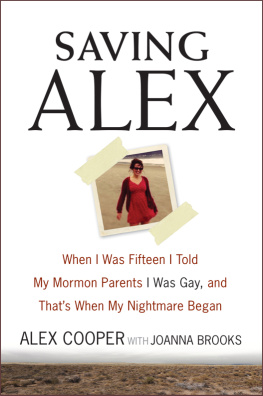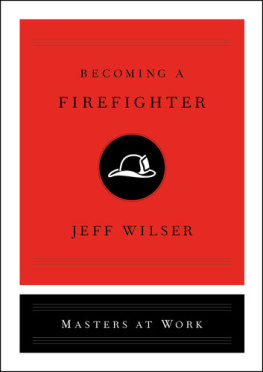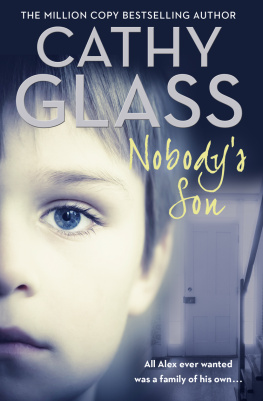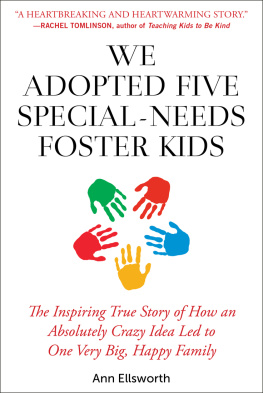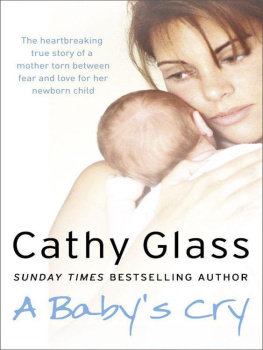Boris Fishman
Don't Let My Baby Do Rodeo
For West is where we all plan to go some day. . It is where
you go to grow up with the country.
ROBERT PENN WARREN, All the Kings Men
The conquest of the physical world is not mans only duty. He
is also enjoined to conquer the great wilderness of himself.
JAMES BALDWIN, The Price of the Ticket
Maya had been early to pick up Max the day he didnt come home with the school bus. Usually she was still powering up Sylvan Gate Drive when the old yellow bus sputtered to its crown, the doors exhaled, and Max tumbled out, always before the Kroon girl because Max always took the front seat. Even in the family Corolla, it was Alex at the wheel, Max in the passenger seat, and Maya in the back. Maya had gathered that the popular children sat back of the bus. She had asked Max once why he wasnt among them. Theres too much noise in the back, he had said, and she had felt a hidden satisfaction at his indifference.
That day, after a week of disabling warmth premature even for New Jersey in June, a note of unhumid reprieve had snuck into the air Maya had caught it on her drive home from the hospital and so she had walked out of the town house early. On the rare occasions Alex was home early enough to collect Max, he drove the thousand yards to the head of the drive Alex enjoyed the very American possibility of this convenience. But Maya walked. She was on her feet all day at the hospital, but she shuttled between three rooms and it was all indoors.
In Kiev, Mayas mother had always awaited her by the school doors, painted and repainted until they looked like lumpy old women. The walk home was time alone for mother and daughter; by the time they reached their apartment, Mayas father would already be at the kitchen table slouched over the sports section, the only part of the newspaper where things didnt have to be perfect. Mayas mother would begin their walk by asking all the questions a mother was required to ask of a daughters school day even as an eight-year-old, Maxs age, Maya understood this as a formality but then, after a discreet pause, Galina Shulman would bring her daughter up to date on the indiscreet doings of the great circus of their thousand-apartment apartment building.
Maya was exhilarated by these walks for she felt her mother spoke as if Maya was not present, or if she were, then as an equal, a friend, not a daughter to whom convention described responsibilities. So a silent hello to a woman now five thousand miles away Maya picked up Max from the school bus. It wasnt particularly necessary the danger was not in the distance Max would have to cover down to their town house, but in his time out in the world. But it was Mayas only time alone with her son. She used it to try to understand why she couldnt always speak with Max in the same easy, unspooling way her mother had spoken with her. Maya did not have her mothers imagination; that was part of it, certainly. Nor did she have her mothers curiosity about her neighbors, though Maya knew that this was a failure of her looking, not their living. But none of that seemed the answer. Maya asked her son about school, questions he answered politely and briefly she never failed to marvel at the unkinked Russian speech of her not-Russian son and then both fell silent. All she could think was to take his hand, and he let her hold it. She felt she was failing him in some way. Failing him, and couldnt say how; she felt thick and graceless.
They had been lucky, the adoption supervisor had kept reminding them, as if he worked on commission. American parents often had to go abroad to find children: Malaysia, Korea, Romania. Bribes, endless waiting, no medical records. Whereas the Rubins got an outright American. Who got an American any longer, and a brand-new baby instead of a child old enough to have been terrorized by somebody else? Maya had the ungrateful thought that she did not want an American: She felt that she would have more to say to a Romanian child. In the sleepless hold of another interminable night, she had shaken awake Alex and said so. He closed his fingertips around the knob of her shoulder, as if she were a loose lightbulb: Hes a newborn. Was New Jersey familiar to you when you moved here? This house? But now its all home. He turned onto his side, cupped one of her breasts from behind, and said: Sleep, Maya please.
She had picked out the weary magnanimousness in his voice he had to indulge not only her willingness to adopt, but her anxieties over it. Only who wanted a child more than he did? However, a biological solution being impossible, Alexs desire had just one condition that he not be made to confess it. And so she carried on as the secret advocate for them both. His contribution was to disparage the woe conjured up by her railroad mind at two in the morning. Railroad mindthat was Alexs term for the hive of Mayas brain. Railroads made him think of motion, steam, frantic activity. What he really meant was that she was like some Anna Karenina superfluously melodramatic. And Maya understood what he really meant only because she had a railroad mind.
Alex had been ten years younger than Mayas eighteen when his family had come to America; the Rubins had come for good, whereas Maya had come on an exchange program in 1988, the first year such things were possible. After college, Maya was supposed to return to the USSR a plan altered by her love affair with Alex and the end of the USSR. Alex had taken to America he spoke with confidence about Wall Street, the structure of Congress, technology. Maya conceded his authority. Only once had she exclaimed that in twenty years he had almost never left New Jersey, so what did he know? Alex had looked at her as if at a child who doesnt understand what it means to say things one will later regret, and retreated upstairs. He did not speak to her for three days, their sullen meals spent communicating through Max and his grandparents, and Maya never said that again.
Was this acceptable to discuss with an eight-year-old? Maya laughed at herself and rehearsed her to-do list: Max needed a ride to Olivers on Saturday, and they had to find time before the end of the month to update two of Maxs vaccines she would have to pick him up from school and rush back to the hospital before that office closed at four. She sniffed at the festively mild afternoon. The briefly unfevered air grew fevered inside her all the same due to the exertion required by the hill. The sweetness in the air would not last the night.
The Kroon girl was first, swinging her arms. This was new. This was something she and Max could talk about. Today, he had decided to sit in the back, just to see how things looked from back there. Perhaps he had made some new friends; he had one friend in the world, Oliver. Maya smiled at the Kroon girl, who ignored her, and looked up expectantly at the driver, who never chatted with Maya, which made her feel snubbed though she tried to persuade herself it was because he was grave about his responsibilities. He nodded and yanked the door lever.
Wait! Maya shouted. She laid a soft fist into the glass. The driver looked up reproachfully and the door folded back in.
Please dont hit my bus, he said.
But where is my son? Maya said. She heard, as always, her slight accent, like a hair under the collar. She spoke with resentment all those times the bus driver had not acknowledged her.
The young man was not on the bus, the driver said.
Its Max, she said.
Not on the bus, the driver repeated.
But he went to school, she opened her hands. She took in the drivers gray T-shirt, swollen by the half globe of a gut, the blue sweatpants and brown sandals.
Call the school? he said. But Ive got to move now. He checked the mirror for traffic.

